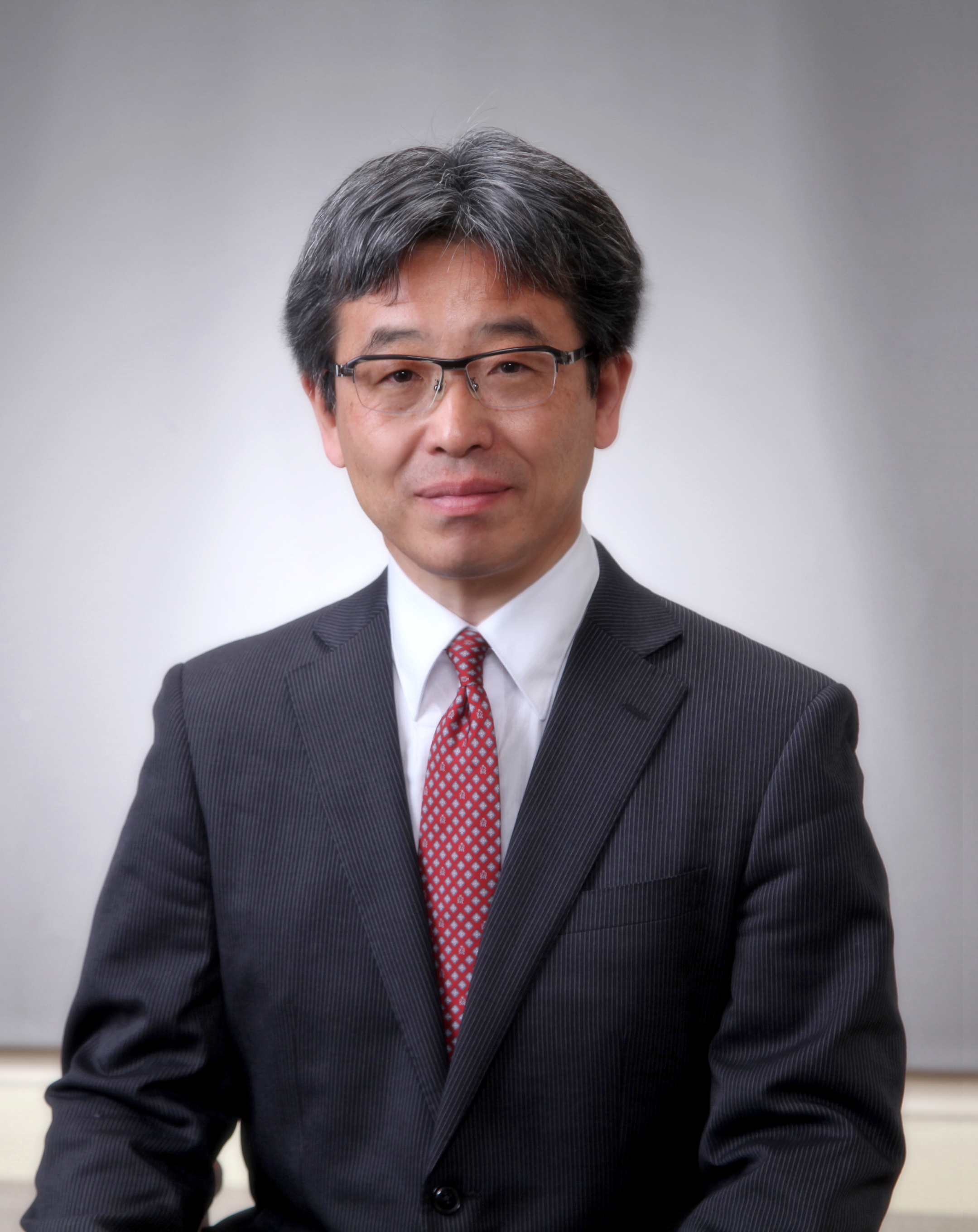Keynote Speaker

Prof. Hisayoshi Hayashi
Professor of Biosphere Resource Science and Technology Program, Faculty of Life and Environmental Sciences, University of Tsukuba, Tsukuba, JapanSpeech Title: Agriculture promotes human wellbeing and supports the preservation of local culture
Abstract: The UN has defined seventeen sustainable development goals (SDGs) to provide a common blueprint for the continuation of human societies and the preservation of the world’s ecosystems. Agriculture relates directly to SDG 2 (Zero Hunger) and is also related to the other SDGs to at least some extent. In addition to its core purpose of food production, agriculture affects many ecosystem services. For example, paddy fields can act as sources of clean water, prevent flooding, mitigate climate change, and help conserve biodiversity and at-risk ecosystems. Agriculture can also contribute to soil conservation, prevention of soil erosion, environmental conservation, and organic waste treatment. In addition, it reflects the local culture and facilitates its inheritance by younger generations as well as providing a space for people to interact with and enjoy the agricultural environment. Despite agriculture’s fundamental importance for human survival, it is often poorly understood in modern societies; agricultural work may be disliked because it is considered physically strenuous. Promoting a better understanding of agriculture is a key educational objective of the Faculty of Agriculture. There is an elite junior and senior high school in central Tokyo, Japan that has maintained and managed paddy fields for over 70 years since its establishment. It was found that completing a course of field work on the process of paddy rice cultivation, from field making to harvesting, increased students’ understanding of the importance of agriculture and helped to pass on the school’s culture and traditions. Experience of agricultural work can also facilitate recovery from damaging conditions. This is exemplified by agricultural return to work program organized by the department of Psychiatry at the University of Tsukuba Hospital; day care center patients participating in this program reported that they found the experience enjoyable and that it strengthened their appreciation of life.
Biography: Dr. Hisayoshi Hayashi graduated from the University of Tsukuba in 1980. After working as an extension officer for a year in Nagano Prefecture he moved to Chushin Agricultural Experiment Station (CAES), where he was a member of the station’s department of field crop cultivation for six years. He then moved to the University of Tsukuba, where he is a professor and head of the Crop Science laboratories, now. He is the president of Japanese Society of Farm Work Research, too. His research focuses on the development and evaluation of sustainable, environmentally friendly production systems for both major crops and regional specialty crops, for example buckwheat (Fagopyrum esculentum Moench). The effects of farm work on the human mind is one of his important research objectives, too.
